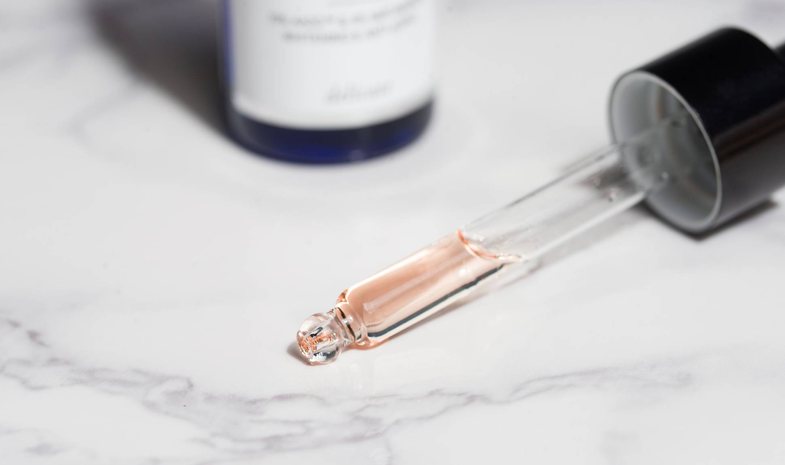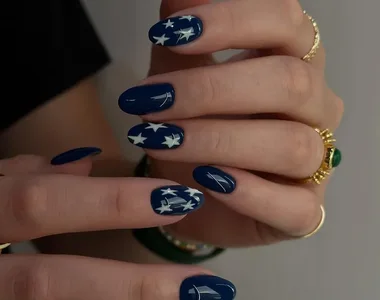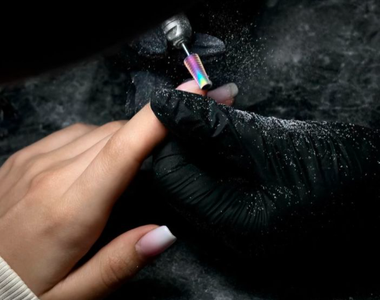
Retinol gives fantastic benefits to every skin and is one of the only antioxidants that gives results in improving wrinkles, lines, vitality, texture and repairing complex skin.
Its inclusion for the first time in skin care is done gradually to reduce the potential of side effects that the skin may suffer. Although often regarded as an ingredient to be started after the mid-twenties, retinol is perfect to start in the early twenties if the skin needs it.
1 - Start with small concentrations: If you are using retinol for the first time on the skin, choose small percentages. 0.01% - 0.2% are safe concentrations for use on the skin by beginners. After the skin gets used to these concentrations for a few weeks, you can move on to higher concentrations.
2 - Use gradually during the week: For starters, retinol serums should not be used every night. It can be started 1-2 times a week, several times until the skin gets used to it. After that, 3 times a week and gradually one day yes and one day no, based on the needs and reactions of the skin.
3 - Use at night: Although there are now many retinol formulations that can be used during the day, as a starting skin, it is ideal to start using it during the night routine.
4 - Focus on hydrating the skin: One of the most common side effects that retinol can give to beginner skins is dry skin. It is very important to accompany retinol with a moisturizing routine with humectant and emollient ingredients to minimize possible side effects.
5 - SPF! SPF! SPF! Sunscreen should be used daily, even if you are not using retinol, however, to remind you: After the introduction of retinol on the skin, there should be no tolerance with daily application of sunscreen.
- Written for Anabel by Sara Gjylbegu, skin care passionate and curator of beauty blogger @ 20ecavjec .

- Reasons why your skin needs so much vitamin C.
- 10 best foods that prevent wrinkles and make skin healthy
- Beginner's guide to chemical exfoliation
- How to treat post-acne scars
- Blackheads: What causes them, how to treat them and with what
- From brands to ingredients! Guide: What you need to know before buying a skin product




